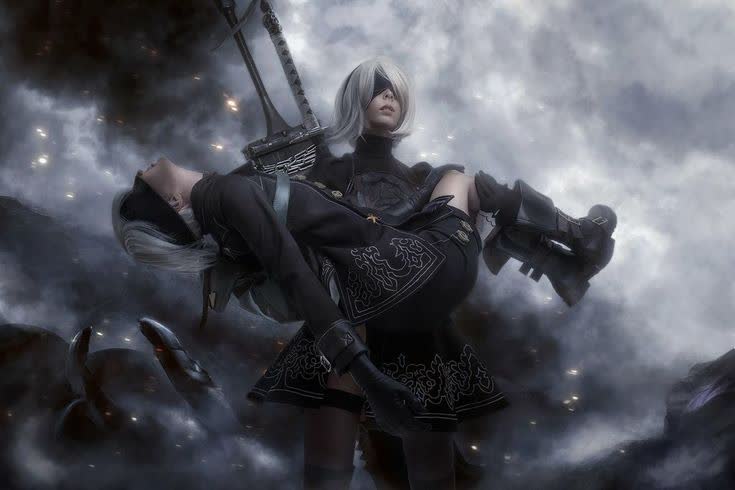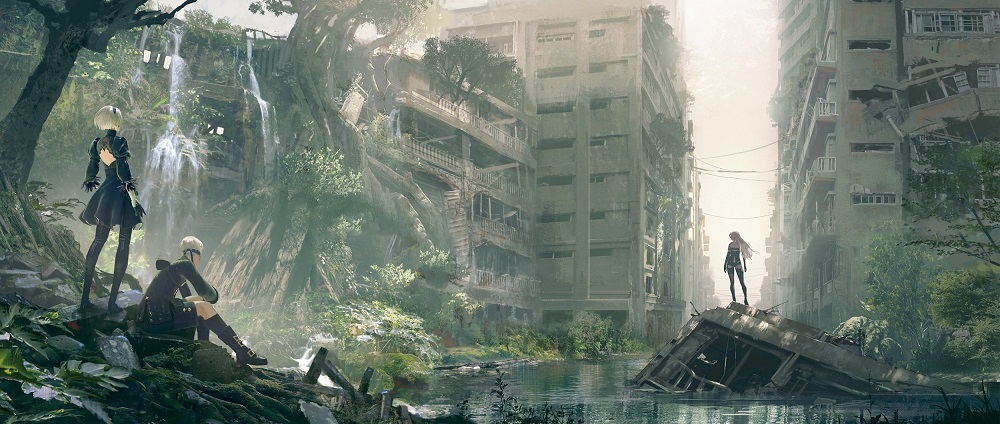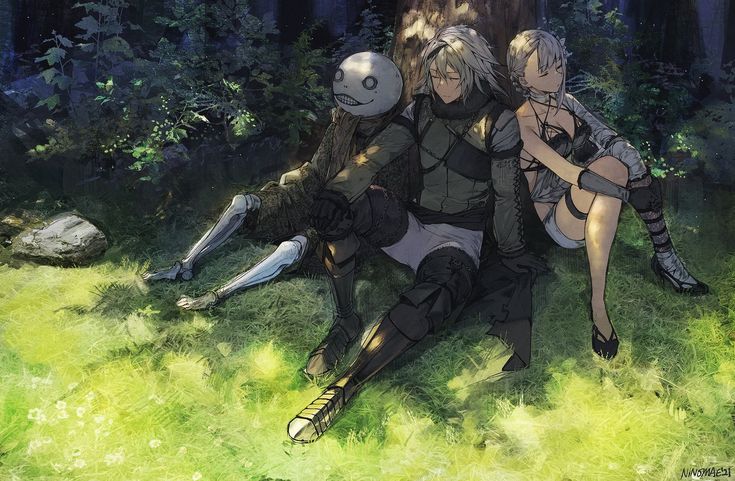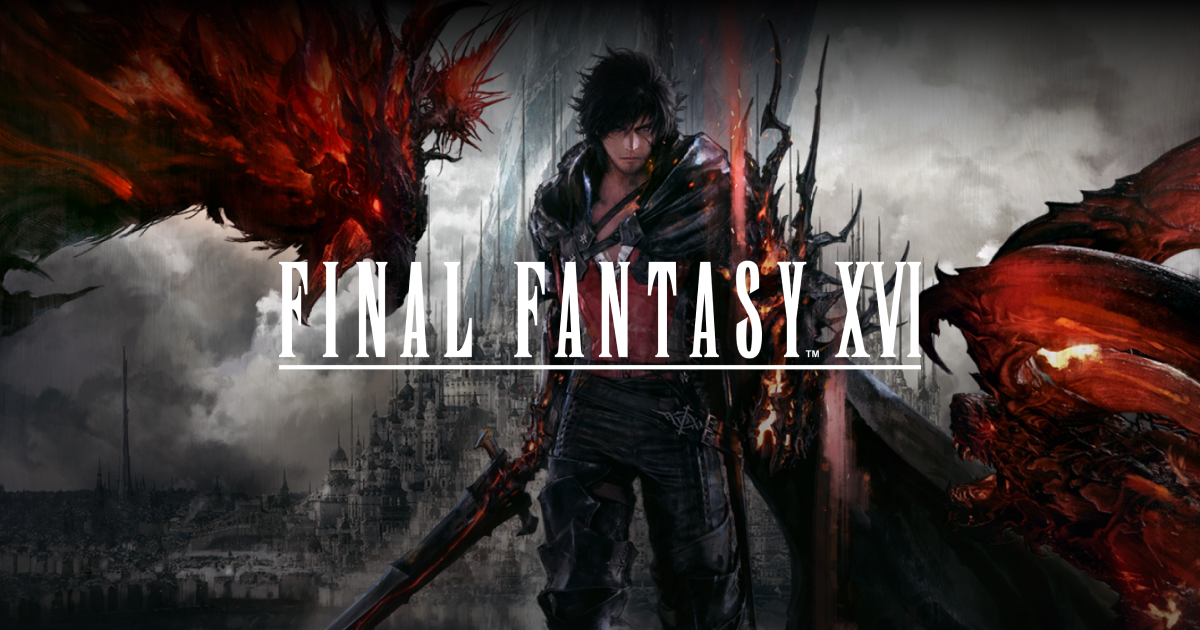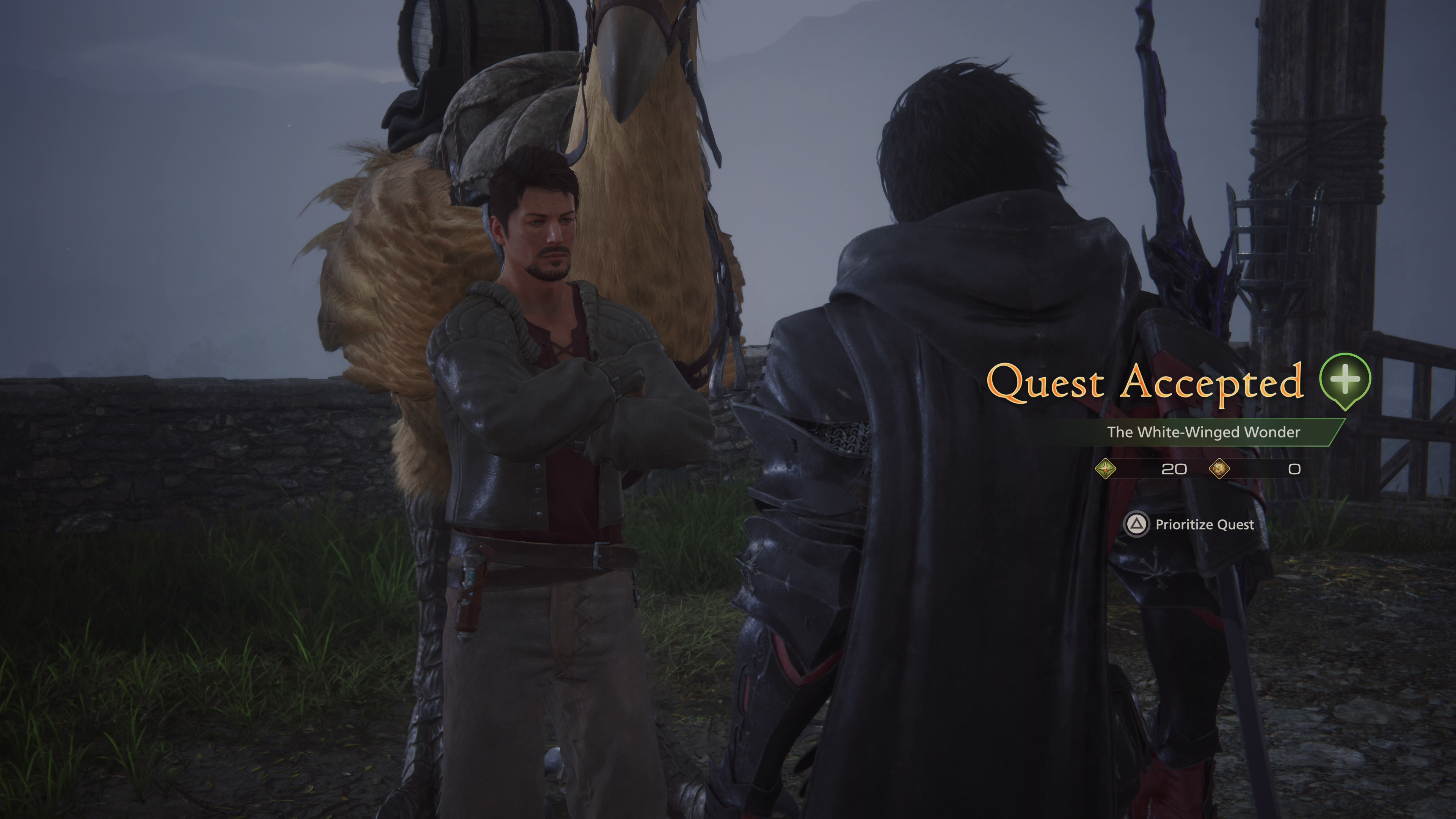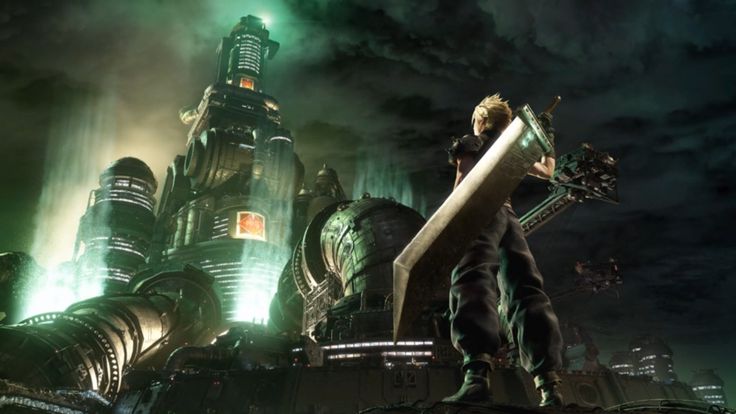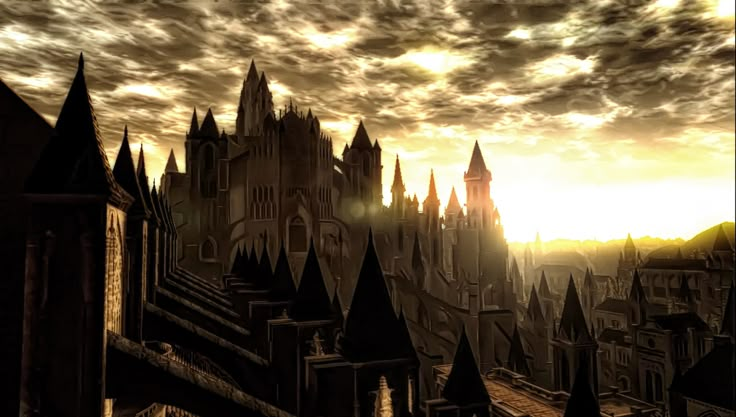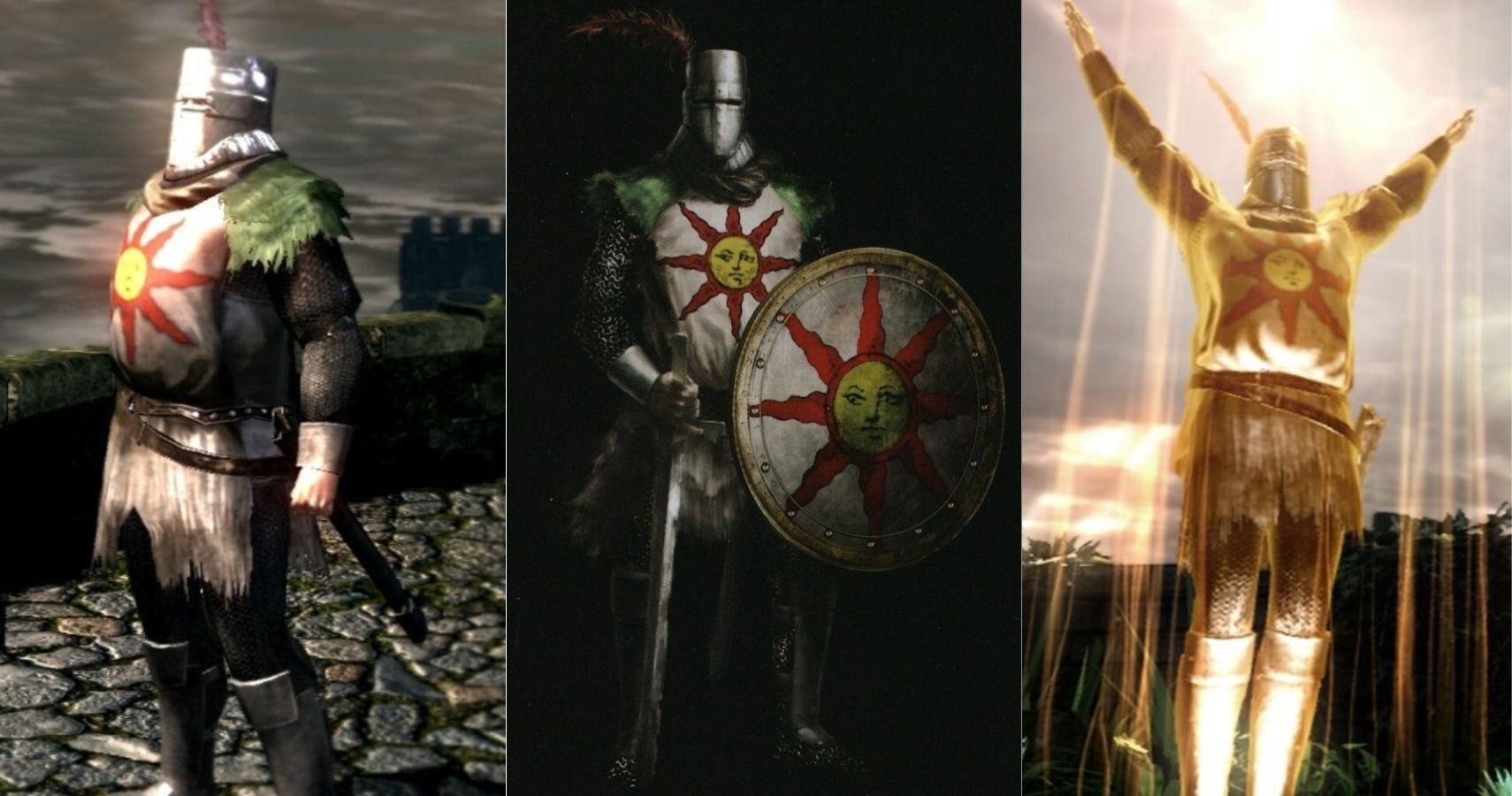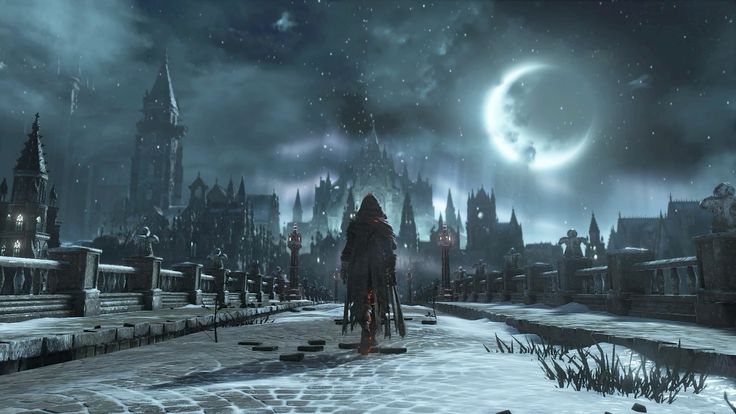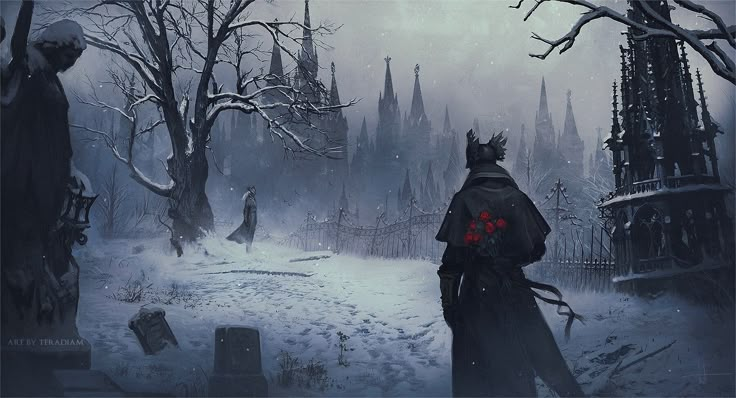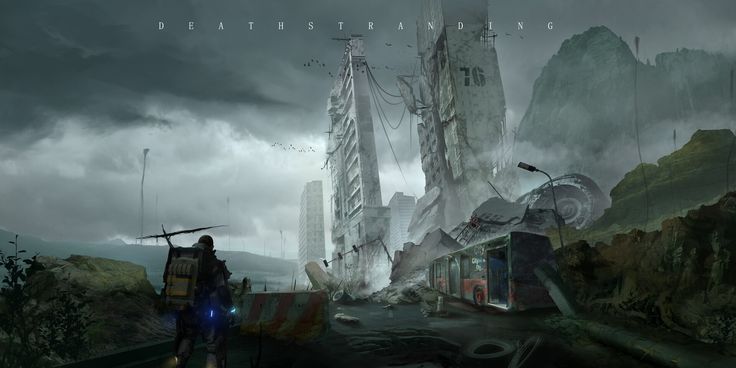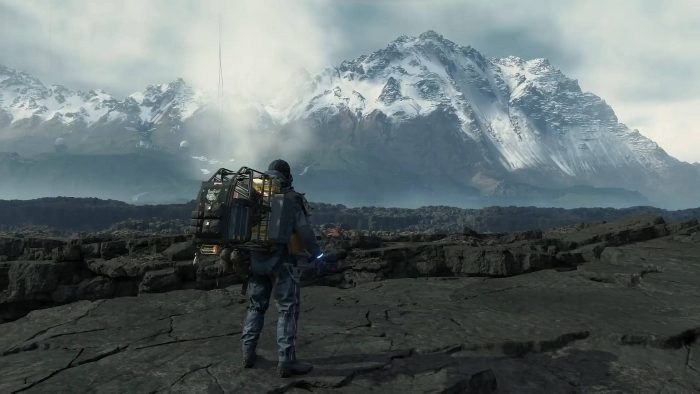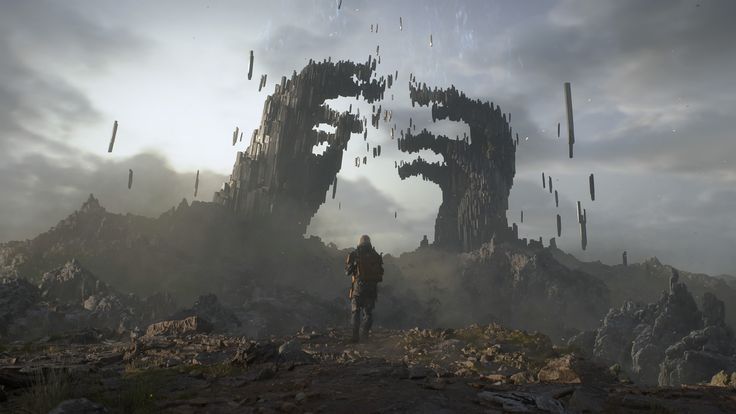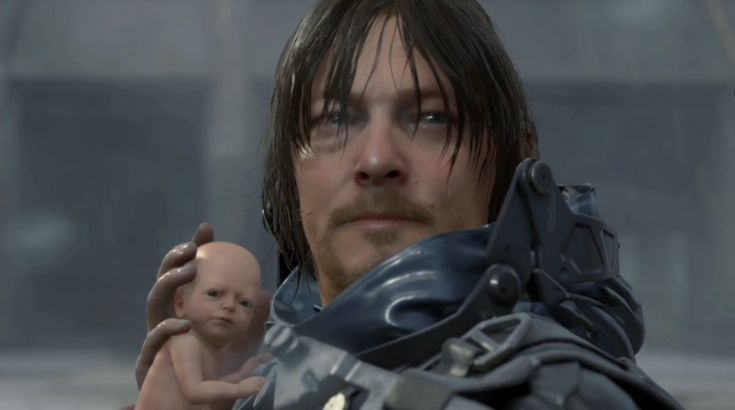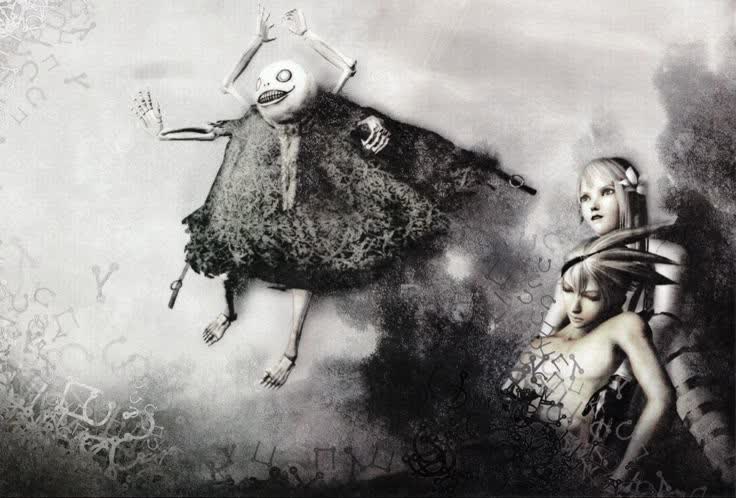NieR Replicant – A Story Reborn in Light and Shadow
Introduction
Some games entertain.
Some challenge.
But every once in a while, a game comes along that *feels*.
That stays with you.
That doesn’t just tell a story — it carves one into your soul.
For me, NieR Replicant ver.1.22474487139... is that game.
It’s more than a remaster.
It’s a resurrection.
A second life for a tale that was once quiet, almost forgotten — but never unloved.
Originally released in 2010 in two versions — *Gestalt* in the West with a father figure, and *Replicant* in Japan with a younger brother — this new version finally brings the brother’s journey to the entire world.
And what a journey it is.
It begins simply: a boy trying to save his sick little sister, Yonah, from a mysterious illness called the Black Scrawl.
But in the world of NieR, nothing stays simple for long.
The deeper you go, the more everything begins to shift.
Right and wrong blur.
Beauty and despair collide.
And love — the kind that fights, breaks, and rebuilds — becomes the only thing left standing.
You’re never alone.
There’s Grimoire Weiss, the sarcastic magical book with a vocabulary as sharp as his insights.
Kainé, a warrior wrapped in thorns and fury, yet somehow still aching with tenderness.
And Emil — sweet, gentle Emil — whose cursed form can destroy, but whose heart only wants to heal.
They’re not just characters.
They’re companions in sorrow. In strength. In silence.
The world has been reborn visually, and it’s breathtaking — but never perfect.
And that’s the point.
Ruins stretch across vast landscapes, tinged with quiet sadness.
PlatinumGames’ refined combat adds grace and momentum, but never steals the spotlight.
Because the soul of NieR lies elsewhere — in its story.
In its music.
In its aching humanity.
And the music…
Keiichi Okabe’s score doesn’t just complement the game — it becomes part of you.
A lullaby for a shattered world.
A hymn for every loss you couldn’t fix, and every hope you still hold onto.
More than a decade later, NieR Replicant has finally been seen for what it always was:
A masterpiece.
Not because it shouts, but because it whispers.
It doesn’t beg for your attention.
It waits.
Quietly.
And if you let it in — if you really listen — it will stay with you long after the credits roll.
Because NieR isn’t just a story you play.
It’s a story you carry.
A reminder that in a broken world, love still matters.
Even if it hurts.
Even if it ends.

NieR Replicant – A Simple Tale of Love, Loss, and the End of the World
Sometimes, the most unforgettable stories don’t begin with fate or prophecy — they begin with something small. Like a brother trying to save his sister.
NieR Replicant opens on a broken world.
Ruins stretch across the land.
Dark creatures called Shades lurk in the shadows.
And a strange illness — the Black Scrawl — is slowly swallowing what little is left of hope.
In the middle of all this, there’s a boy named Nier.
He lives in a quiet village with his little sister, Yonah — the only family he has.
She’s sick. Getting worse.
And when the disease starts pulling her away, Nier makes a promise:
He’ll save her. No matter what.
Even if it costs him everything.
🕯️ Part I: Innocence and Hope
Nier sets out into the world — still young, still full of hope — to find a cure.
Along the way, he meets a talking book: Grimoire Weiss. Arrogant. Hilarious. But powerful.
Together, they begin collecting pieces of ancient magic called Sealed Verses.
The journey takes Nier to forgotten cities, sunlit plains, and haunted ruins.
He fights monsters. But more importantly, he finds companions.
Kainé — all fury and scars and strength, hiding a wounded heart.
Emil — kind and gentle, even when his eyes turn people to stone.
Somehow, these broken souls become something like a family.
They fight together. Laugh together. Hope together.
And for a little while… it almost feels like things might be okay.
🌑 Part II: Five Years Later
But time moves on.
And when we return, the world has grown colder.
Yonah is still sick.
Nier is no longer the same boy — he's harder now, quieter, carrying the weight of every failure.
Places that once felt familiar now feel empty.
Friends are gone. The land is quieter. The monsters… angrier. And strangely, they seem almost human.
As the journey continues, the truth starts to unravel.
And it hurts.
Because what if the people you thought were your enemies... weren’t?
What if everything you believed was wrong?
NieR Replicant isn’t a game about good and evil.
It’s a game about what lies between.
About perspective. About grief. About doing what feels right — even when the world says it’s not.
⚖️ The Final Choice
By the end, the game asks you to make a choice.
Not a hard one in terms of gameplay — but in terms of heart.
It’s one of those moments that lingers.
That makes you pause and ask yourself:
“What would I give up for someone I love?”
And “Can love still matter in a world built on loss?”
There are multiple endings — each revealing a deeper truth.
But one in particular will ask everything of you.
It’s not loud. It’s not flashy.
It just… stays.
🎮 Why You Should Play It
You can read summaries. Watch videos.
But *NieR Replicant* is one of those stories you can’t truly understand until you feel it.
You feel it when Yonah looks up with tired eyes and still smiles.
When Emil sacrifices more than he should.
When Kainé lets down her armor for just a moment.
You feel it in the music, in the silence, in every aching pause between words.
This isn’t just a story about saving someone.
It’s a story about what we lose along the way.
And what makes it worth continuing anyway.
If you’ve ever finished a game and just sat there… silent… thinking about what it meant —
this is that kind of game.
Play it. Not for the twist. Not for the combat. But for the heart.
Because some stories — the real ones — aren’t just played.
They’re lived.

Brother or Father? The Dual Souls of NieR – A Replicant vs. Gestalt Comparison
When people talk about *NieR*, they usually mean one unforgettable story.
But here’s the truth: NieR has two hearts.
Two versions.
Two very different emotional experiences.
While the world, the gameplay, and the themes stay mostly the same, *NieR Replicant* and *NieR Gestalt* tell their stories through different eyes — one as a brother, the other as a father.
And that one change?
It changes everything.
🌸 The Origins: Why Two Versions Exist
Back in 2010, *NieR* was released in two forms:
- In Japan: NieR Replicant — a teenage boy trying to save his younger sister, Yonah.
- In the West: NieR Gestalt (simply titled *NieR*) — the same mission, but told through an older man, Yonah’s father.
It wasn’t an artistic choice. It was marketing. Square Enix believed Japanese audiences would relate more to a youthful protagonist, while Western players might connect better with a grizzled, protective father. It made sense at the time. But the result was something unexpected — two nearly identical stories shaped by completely different kinds of love.
🧩 The Big Difference: Brother vs. Father
In *Replicant*, Nier’s bond with Yonah feels soft and fragile — the kind of love that’s full of hope and innocence.
He’s just a boy, thrust into a collapsing world, carrying a weight far too heavy for his age.
His determination to protect her feels like a glowing ember in a sea of darkness — not yet dimmed by the world’s cruelty.
In *Gestalt*, the story hits differently.
This Nier is older. Wiser. And tired.
He’s a father — and that changes everything.
His love feels heavier, like a final stand.
This is a man who’s already endured loss, already sacrificed. Saving Yonah isn’t just hope — it’s redemption.
Neither version is “better.”
But they speak to different parts of us.
As a player, the way you connect to Yonah shifts.
Do you see her as your little sister… or your daughter?
That difference echoes in every moment of the game.
🗨️ Dialogue & Emotional Tone
The dialogue adjusts subtly — but powerfully — to reflect Nier’s role.
In *Replicant*, Nier and Yonah speak with sibling warmth.
There’s teasing. Laughter. Moments of gentle affection.
You hear a young man trying so hard to be brave, even when he’s scared.
In *Gestalt*, the tone is more solemn.
Nier sounds like a man who’s already lost too much.
He’s calm. Grounded. But there’s pain in every word — a quiet ache.
He’s not just fighting for his daughter… he’s fighting against a world that’s already taken so much from him.
Even how Nier interacts with his companions — Kainé, Emil, Weiss — feels different.
As a brother, he’s a peer.
As a father, he feels more like a steady presence — someone holding everything together when everyone else is falling apart.
🌀 Endings & Interpretations
The core story beats and endings stay the same — structurally.
But emotionally? They land very differently.
In *Replicant*, when the young Nier chooses to give everything for Yonah… it feels like innocence turned into selflessness.
A brother, fading into memory just so his sister can live.
In *Gestalt*, the same moment hits with deeper gravity.
This is a father giving up everything — not just his future, but his entire life’s purpose — for his child.
There’s a quiet finality in that choice. It doesn’t just break you… it humbles you.
Players often ask: which version is more powerful?
But maybe that’s the wrong question.
They’re not rivals — they’re reflections.
Two halves of the same heart.
🧠 The Philosophical Layer
This is where *NieR* quietly shines the brightest: It doesn’t force a message on you. Instead, it invites you to ask something deeply human:
- Is love something innocent and bright — like a sibling’s devotion?
- Or is it something hard-earned, sacrificial — like a parent’s protection?
There’s no right answer. Just feelings. And the space to sit with them.
💡 Which Version Should You Play?
If you’ve never played *NieR Replicant ver.1.22474487139…*, it’s the definitive experience.
It finally brought the brother story to global audiences, with enhanced visuals, polished gameplay, and a deeper dive into the lore.
But if you began with *Gestalt*?
That version matters, too.
Many of us first met Yonah through a father’s eyes — and that story left a mark.
A quiet, lasting one.
🎮 Final Thoughts: One World, Two Hearts
What *NieR* teaches us is simple, yet powerful:
The way you experience a story depends on who’s telling it — and who you are when you hear it.
Whether you see Nier as a protective brother or a grieving father, the love he holds for Yonah is what makes the story unforgettable.
It’s what gives the game its soul.
So whichever version you choose… just know:
You’re stepping into a story where love isn’t a theme.
It’s the reason everything happens.
And if you haven’t played yet… maybe it’s time.

“That One Line Stayed With Me” – The Dialogue That Made NieR Replicant Eternal
Some games are fun. Some are beautiful.
And then there’s *NieR Replicant* — the kind of game that quietly tears you apart and leaves pieces of itself lodged in your memory.
Not because of spectacle. Not because of action.
But because of what it says.
If you’ve played it, you already know.
If you haven’t… prepare to carry it with you for a very long time.
What makes NieR so unforgettable isn’t just its sorrowful music, or its crumbling world, or its fragile, broken characters. It’s the *words*. Small phrases. Quiet thoughts. Whispers of philosophy, heartbreak, absurdity — sometimes all at once — tucked into lines that catch you off guard… And stay with you forever.
🖤 1. “The world is full of unanswered questions. But skip the answers. That’s what makes life fun.”
This line feels like a gentle smile — like the game is quietly letting you know: You won’t get clarity. You won’t get neat resolutions. Just like real life. And somehow, that makes the mystery feel… beautiful.
😢 2. “I just want to see her smile. That’s all I need.”
It’s such a simple sentence. But in *NieR*, simple words hold the most weight. Whether you’re playing as Yonah’s brother or her father, this one hope becomes your reason for everything. Love, longing, and despair—all wrapped in seven quiet words.
🕊️ 3. “We’re losing something important here. Can’t you feel it?”
Kainé says this, almost in passing. But if you’re really listening, it chills you. Because it’s not just about the world dying—it’s about *us* dying with it. Piece by piece. What we give up to survive sometimes takes more than we realize.
🧠 4. “You don’t get to decide who lives and who dies! That’s not your call!”
NieR doesn’t paint in black and white. It throws you into a gray world and says, “Good luck.” This line shatters the idea of justice. It forces you to ask: What *is* right? And can anyone really say for sure?
💔 5. “I’m scared. I’m always scared.”
Emil’s voice trembles here. He’s so powerful, and yet so broken. So afraid of what he’s becoming — and of being alone. It’s one of the rawest things a character has ever admitted in a game. No masks. Just truth.
🥀 6. “If this world doesn’t have a place for us… then we’ll make one.”
This is Kainé at her fiercest. Not just fighting to live, but to *belong*. It’s a battle cry for everyone who’s ever felt like they didn’t fit. This line doesn’t ask for space—it *demands* it. And that’s powerful.
😄 7. “You’re a real jerk, you know that?”
Sometimes, the softest lines are the ones that stick. This playful jab between Nier and Weiss is full of love. It’s that quiet humor that holds people together when everything else is falling apart. And *NieR* knows — sometimes laughter is survival, too.
🎭 8. “This is our future. This is our truth.”
This is the moment everything changes. The mask comes off. The world reveals itself. And suddenly, you’re not sure who the villains are anymore. It’s devastating. It’s brilliant. And it lingers long after the screen fades to black.
💫 9. “What is the point of living if it means throwing away your pride?”
This one cuts deep. Because everyone has faced a moment like this — when survival asks for too much. There’s no easy answer. Just the heavy silence that follows the question.
🕯️ 10. “Thank you… for everything.”
Yonah’s voice at the end. Soft. Final. Grateful. After everything you’ve done, after every sacrifice—this is all she says. And it’s enough. Sometimes, a quiet thank-you means more than any epic ending.
🎬 Scenes That Broke Us (And Rebuilt Us)
- Kainé collapsing under the weight of her pain, still trying to act strong.
- Emil’s transformation — losing his innocence, but never his heart.
- Nier’s final choice, whether in Ending A, B… or that unspeakable sacrifice in Ending E.
- Ending D. The moment you delete your save. Not because the game asks you to… but because you *want* to. That choice is the most brutal act of love a game has ever given us.
🎮 Why These Words Matter
NieR Replicant doesn’t scream. It whispers.
It doesn’t explain—it trusts you to feel.
Every line, every scene, is a quiet note in a song about love, loss, and what it means to be human.
These aren’t just quotes.
They’re echoes of who we are.
Of what we’ve survived.
Of what we still hope for.
And if you haven’t played *NieR Replicant* yet…
I hope one day you do.
Not for the combat. Not for the plot.
But for the way it quietly speaks to your soul when you least expect it.
And if you have played it?
Then you already know:
Some lines don’t fade.
They stay with you.
Further Records Available — Ready to Discover?
Even after all that’s been revealed, echoes of forgotten truths still linger.
If you're ready… the next fragments are waiting to be found.
More articles from the world of Nier
More articles from the game Final Fantasy
More articles from the Understand Souls
More articles from the game Death Stranding
🎧 Dive Into the Unknown
I’ve recorded a special podcast exploring one of the many deep theories from the world of Nier. While it’s the only episode for now, there’s so much more to discover in the articles below—until the next voice finds its way to you.











